While big companies are likely to enter the VR space in the big way, it is currently an amusing space for the indies to explore and experiment with. In the Casual Connect USA session simply titled How to Pick a VR Platform indie developer Edward McNeil, the creator of Darknet and Tactera from Indie Prize, explains differences between several new VR platforms, including the Gear VR, Google Daydream, Oculus Rift and more, drawing on his experience and perspective after launching two VR titles.

Edward McNeil is an independent developer. He has been developing his own hobbyist games for roughly a decade. Edward has known for a long time that he has wanted to be involved in game development, but he wasn’t always sure he wanted to go the indie route.
“At first I thought I wanted to be a AAA game programmer, but I eventually realized that I was much more interested in game design,” said Edward. “In 2012 I finally took the plunge, went indie, and never looked back.”
His first steps towards becoming a game designer happened in high school, when Edward took a Computer Science class during freshmen year. “I started there out of curiosity, and it gave me my first window into game development,” he detailed. “From there, I tried to learn as much as I could about it, and eventually I discovered that game design was way more interesting!”
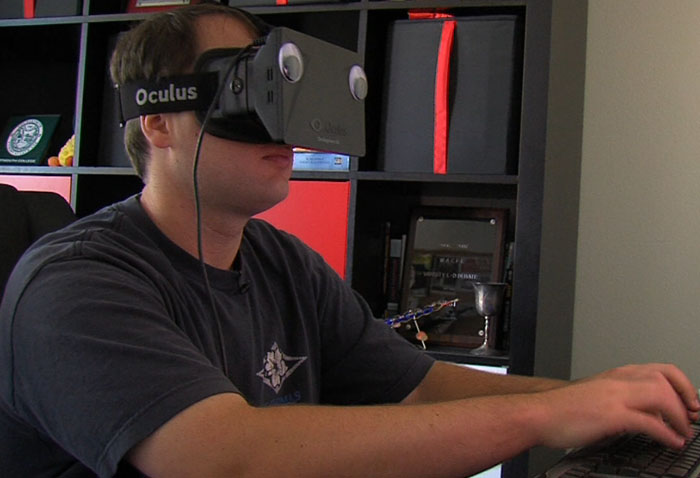
Inspiration from Civilization
Edward said that the most inspiring thing for him are the games he has loved in the past. He takes a concept or experience that he has loved and tries to put that in a way that a large amount of people would love. Edward said that the core of his concepts comes from experiences that other similar games have given him.
Along those same lines, Edward has made multiple strategy games in his career, and that was informed by his past gaming experiences. “I think my brain is just built that way,” he said. “I strategize about everything. And although I played a lot of other genres growing up, it was always the strategy games (Civilization, Command & Conquer, Heroes of Might & Magic, etc) that I went back to play over and over again. They left an impression!”

As for what he liked about being an indie developer, Edward says there’s a lot to love, “but my favorite part of the dev process is the early brainstorming and planning phase, when the game exists only in my head and on paper. It’s a combination of wild imagination and careful strategy, and it produces the motivation that fuels the rest of the process”.
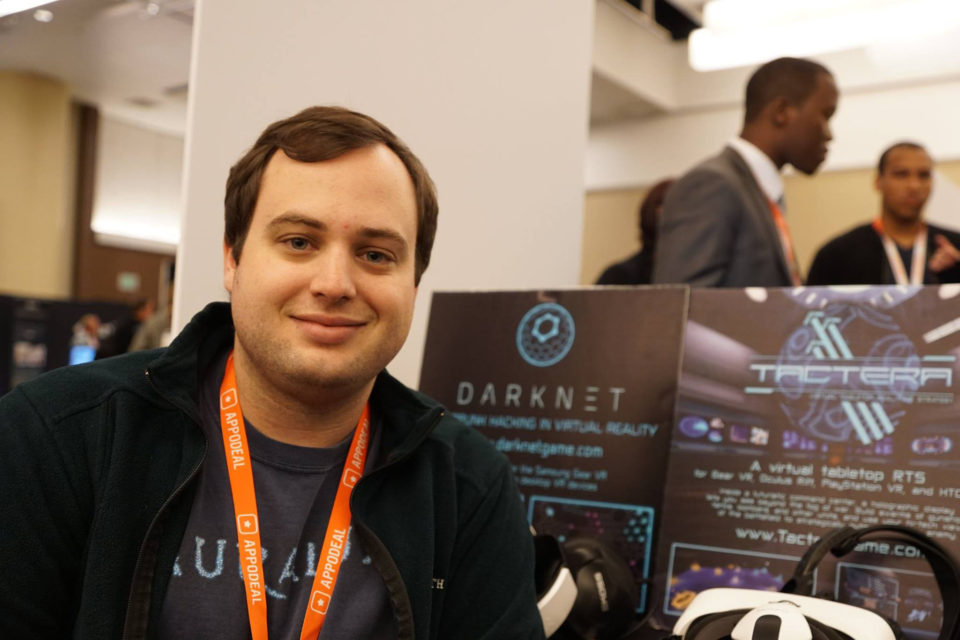
Despite the upsides, Edward had a cheeky response when asked for advise for someone following this career. “Often the most helpful advice is: don’t do it. Find another career,” he teased. “It’s hard to make a living in indie games! The only people who ought to be doing it are the people who are so motivated that they’ll ignore this advice.”
The Creative Freedom of VR
VR has attracted a lot of indie developers, in part because it’s such an experimental medium at this point. While it’s likely that larger developers and publishers will come into the VR space in a big way, for now indies are establishing a lot of the initial experiences for VR.
“It’s ultimately about creative freedom,” noted Edward. “There’s a lot of downsides to the indie approach, but there’s nothing quite like having total control of your own art.”
VR right now is divided in experiences for mobile and those for PC/consoles. When asked about the major differences, Edward noted that, “Performance and input are the two big considerations. For mobile VR, you have to design your game around the hardware limitations from the beginning. That’s still true on PC, but there’s a lot more leeway.”

When asked about his favorite VR experience, Edward called out a game that is not VR exclusive: Keep Talking and Nobody Explodes. Still, the nature of that game (where one person looks at a bomb and talks to another person with a bomb-diffusing guidebook) is uniquely set up to take advantage of VR’s unique strengths. “A lot of people think that the isolating effect of VR is a big weakness of the medium,” he noted. “Keep Talking turns that weakness into a strength, which I think is always a clever design approach.”
Art from Adversity
As a creator, Edward says that anything can give them inspiration. He cited everything from a book he is reading, to an idle daydream or a pattern in the carpet can take the form of a game idea. “The paintings of Mondrian have always seemed like the basis for a cool abstract puzzle game, but I’ve never actually figured out how to make that work. Yet!” he said.
“I don’t start making a game until I see a collision between an idea that I particularly like and a real practical opportunity,” Edward added. “There are a ton of ideas that I’m excited about, so I have the luxury of only picking the ones that seem manageable to build and which the market might support. That’s where it starts for me.”
While he have plenty of ideas, Edward had a mysterious response when asked what he would create with unlimited resources and time “’Probably something terrible’ is my favorite response to this,” he joked. “I have some bigger ideas, but the truth is that I’ve always done better when I have hard constraints to work around. Little indie games suit me well.”
Game creation is a huge part of Edward’s life, but it’s not all he does. “I play beach volleyball, and I cook a lot! Baking homemade bread is my favorite; there’s a lot of subtlety and intricacy involved, but it’s also delicious and hard to screw up too badly,” they detailed. “I play video games too, of course (mostly Rocket League and Overwatch at the moment).”
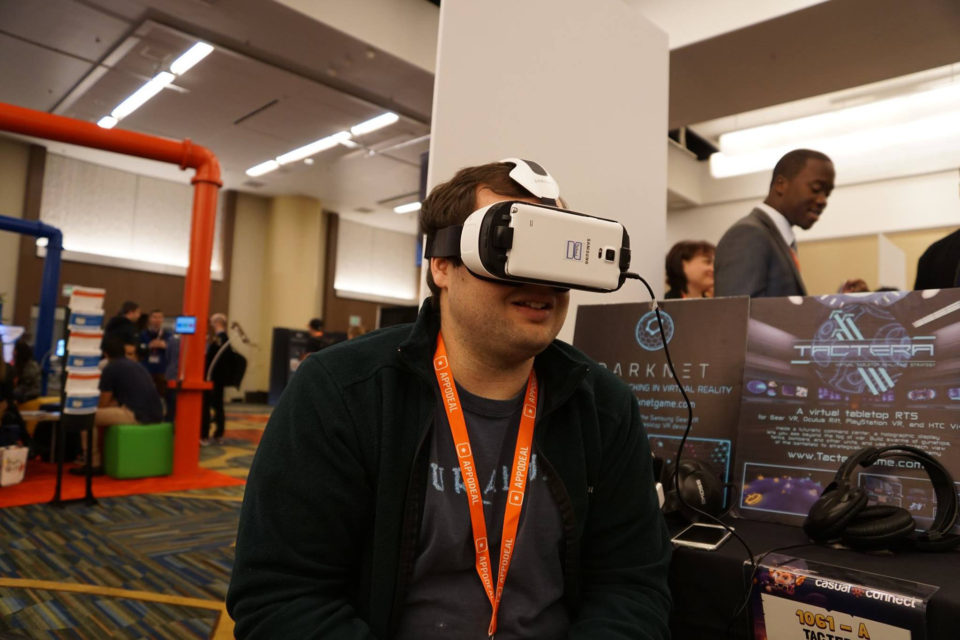
The Highs and Lows of Indie Development
Creative blocks can be discouraging, especially in game development with so many disparate elements. Whenever Edward encounters such moments, he will step away from the problem. When he comes back (be it in a day or a week) he’ll have the solution in his mind.
“Maintaining hour-to-hour motivation has always been the most challenging for me, especially when it comes to programming tasks,” Edward noted. “I’ve always handled my own coding, but I don’t enjoy it. For me, it’s a means to an end, and it’s sometimes hard to just sit down and get the work done.”
“The most rewarding part is watching people actually play the finished game and watching them get the experience that I was trying to give them. It’s the fulfillment of a creative ambition,” he added. “After the release of Darknet, I saw an extremely positive review on Twitter, praising the design and saying that it was a truly great game. Then I saw that the review came from a game developer that I really respected, whose blog posts and presentations I had followed for years. That mattered more to me than any of the awards that the game eventually won.”
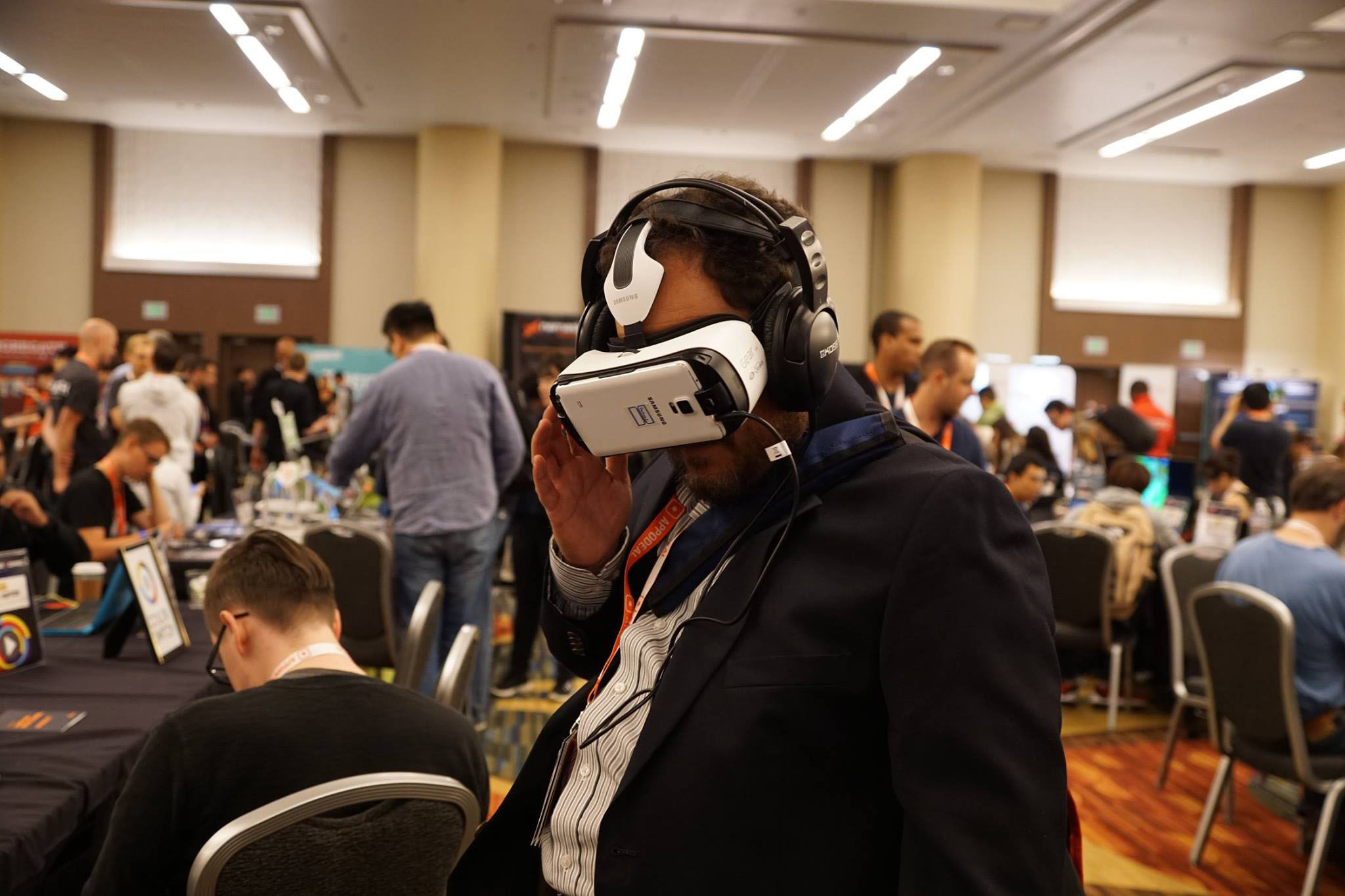
We all deal with setbacks, however, and for Edward that happened when he had erred with the submission of one of his games. “I could work around it, but doing so would cause a headache for a lot of players. I decided to post about it on Reddit and to try to be humble, apologetic and honest about what had happened,” Edward said. “They responded really well!”
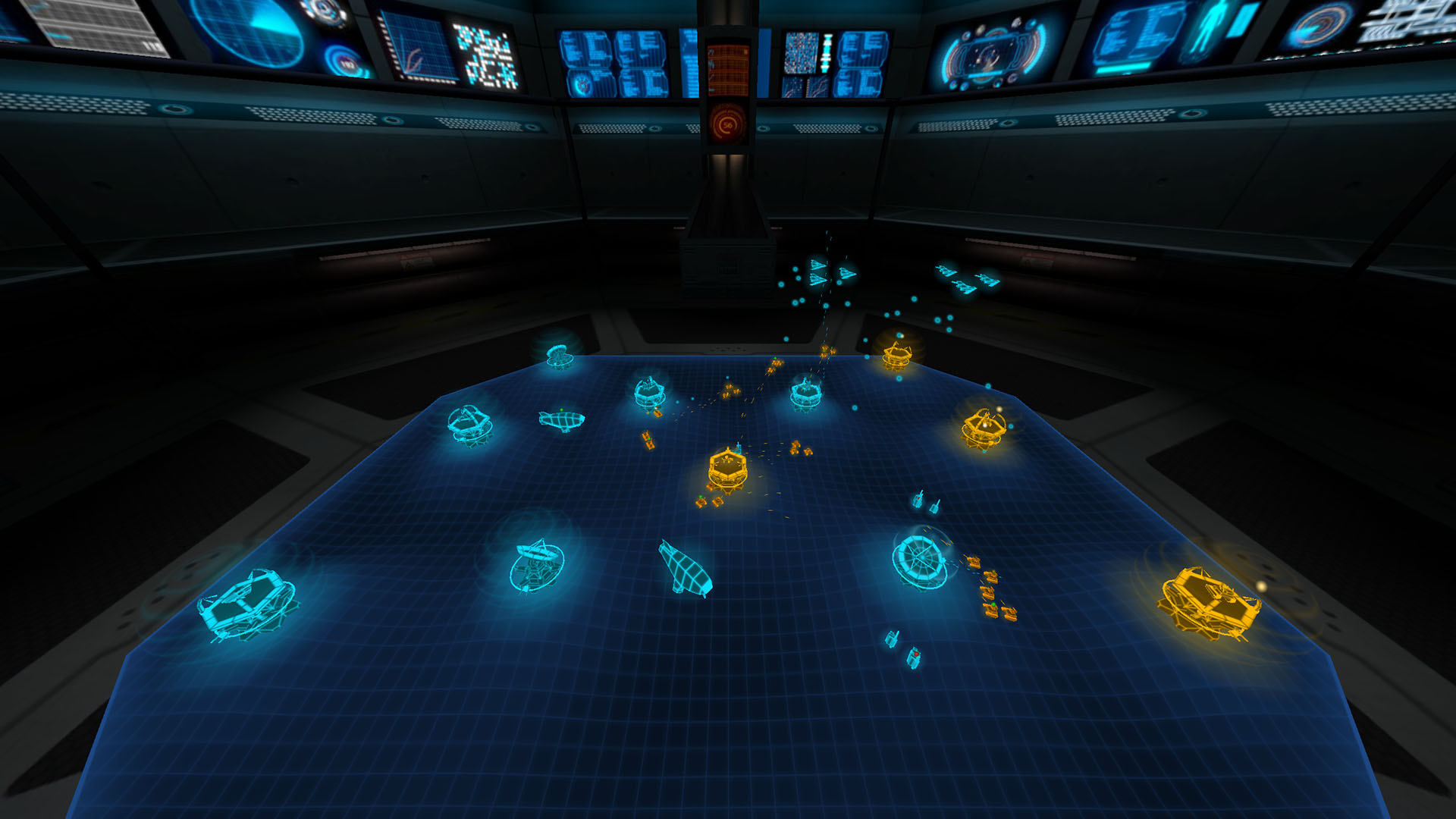
When asked about large trends over the next three to five years, Edward honestly responds, “I really don’t know! My games tend to take a year or a year-and-a-half to build, so I don’t often think on that time horizon. Right now, I’m expecting VR to continue finding its place in the market, and I hope to keep riding that wave.”

Comments









